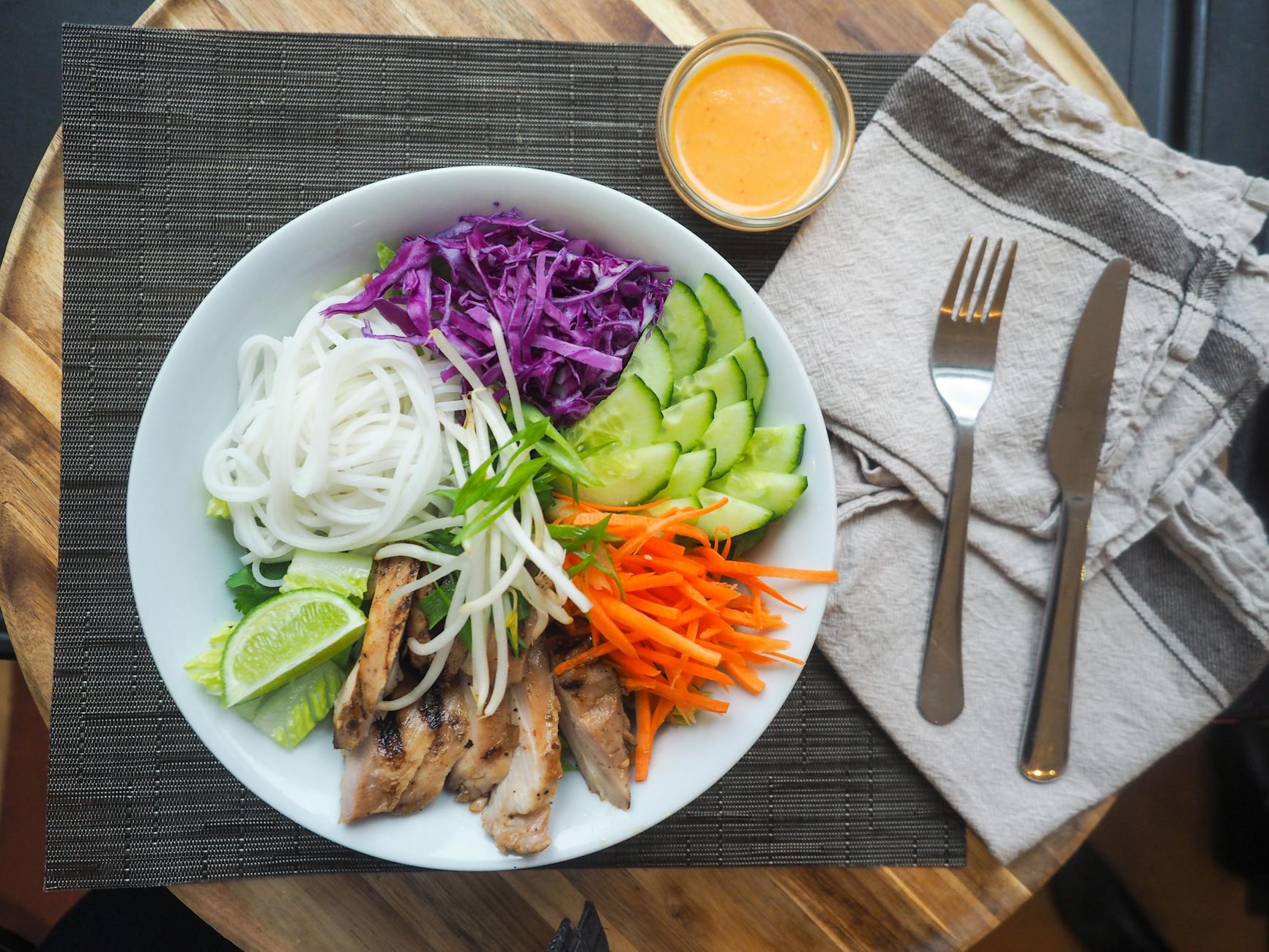
Fuel Your Fitness Journey: Essential Nutrition Tips for Beginners & Intermediates
So, you're ready to take your fitness to the next level, and you've heard that nutrition plays a huge role. You're right! This guide is all about providing you with essential **nutrition tips** that are practical and easy to implement, whether you're just starting out or looking to refine your eating habits.Table of Contents
- Why Nutrition Matters for Your Fitness Goals
- Foundational Nutrition Principles You Need to Know
- Building a Balanced Plate: What Should Be On It?
- Hydration is Key: More Than Just Water
- Timing Your Meals for Optimal Performance
- Common Nutrition Pitfalls to Avoid
- Frequently Asked Questions About Nutrition Tips
Why Nutrition Matters for Your Fitness Goals
Think of your body like a car. You wouldn't put low-quality fuel in a high-performance vehicle, right? Food is your body's fuel. The right kind of nutrition provides the energy you need to power through workouts and recover effectively. Good nutrition directly impacts how you feel, perform, and even how quickly you see results. It's the bedrock of any successful fitness plan.Foundational Nutrition Principles You Need to Know
At its core, healthy eating is about balance and moderation. It's not about deprivation; it's about making smart choices most of the time. Focus on whole, unprocessed foods whenever possible. These are packed with the vitamins, minerals, and fiber your body craves. Listen to your body. Understanding your hunger and fullness cues is a powerful tool for managing your intake.Building a Balanced Plate: What Should Be On It?
A simple way to approach your meals is by visualizing a balanced plate. This helps ensure you're getting a good mix of macronutrients. Half of your plate should be filled with non-starchy vegetables. Think broccoli, spinach, bell peppers, and zucchini. One-quarter of your plate should contain lean protein. This includes chicken, fish, beans, lentils, and tofu. The remaining quarter should be for complex carbohydrates. Opt for things like sweet potatoes, quinoa, brown rice, or whole-grain bread. Don't forget healthy fats! A small portion of avocado, nuts, seeds, or olive oil adds flavor and essential nutrients.Hydration is Key: More Than Just Water
Water is crucial for countless bodily functions, including regulating temperature, transporting nutrients, and lubricating joints. When you're active, you lose more water through sweat. Replacing these fluids is vital for performance and recovery. Aim for about 8 cups (2 liters) of water per day, but increase this intake on days you exercise or in hot weather. Unsweetened teas and infused water also count!Timing Your Meals for Optimal Performance
While consistency is more important than perfect timing, understanding meal timing can give you an edge. Eating a balanced meal or snack 1-2 hours before your workout provides sustained energy. Post-workout, refueling with protein and carbohydrates within an hour or two helps muscle repair and replenishment. Don't skip meals, especially breakfast. This helps set a positive tone for your day's eating habits and keeps your metabolism humming.Common Nutrition Pitfalls to Avoid
One common mistake is relying too heavily on processed snacks or sugary drinks for quick energy. These lead to energy crashes. Another pitfall is undereating. While calorie awareness is good, drastically cutting calories can harm your metabolism and energy levels. Comparing your progress to others can be discouraging. Focus on your own journey and celebrate your personal wins.FAQ
What are the most important nutrients for beginners?
For beginners, focus on getting enough protein for muscle repair, complex carbohydrates for energy, and healthy fats for hormone production. Don't forget essential vitamins and minerals from fruits and vegetables!
Should I cut out all carbs to lose weight?
Not necessarily! Complex carbohydrates from whole grains, fruits, and vegetables are vital for energy and fiber. It's more about the *type* and *quantity* of carbs you consume, rather than complete elimination.
How much protein do I really need?
A general recommendation for active individuals is around 0.8 to 1 gram of protein per kilogram of body weight per day. This can be adjusted based on your specific goals and activity level.
Is it okay to eat 'junk food' sometimes?
Absolutely! A healthy diet doesn't mean complete restriction. Enjoying occasional treats in moderation can help you stick to your plan long-term and prevent feelings of deprivation.



0 Comments